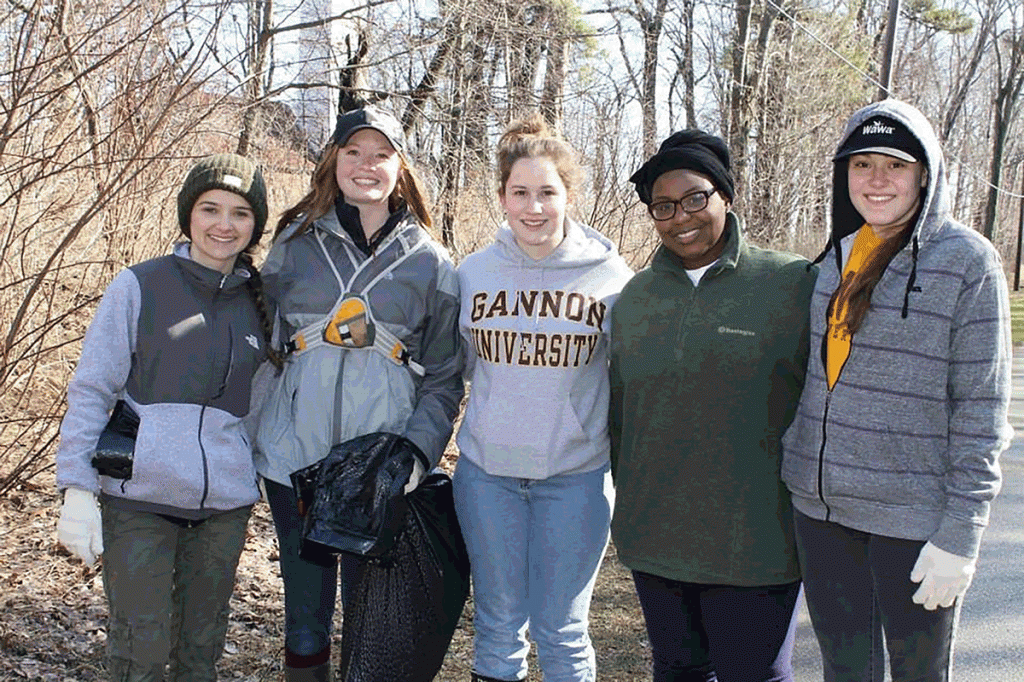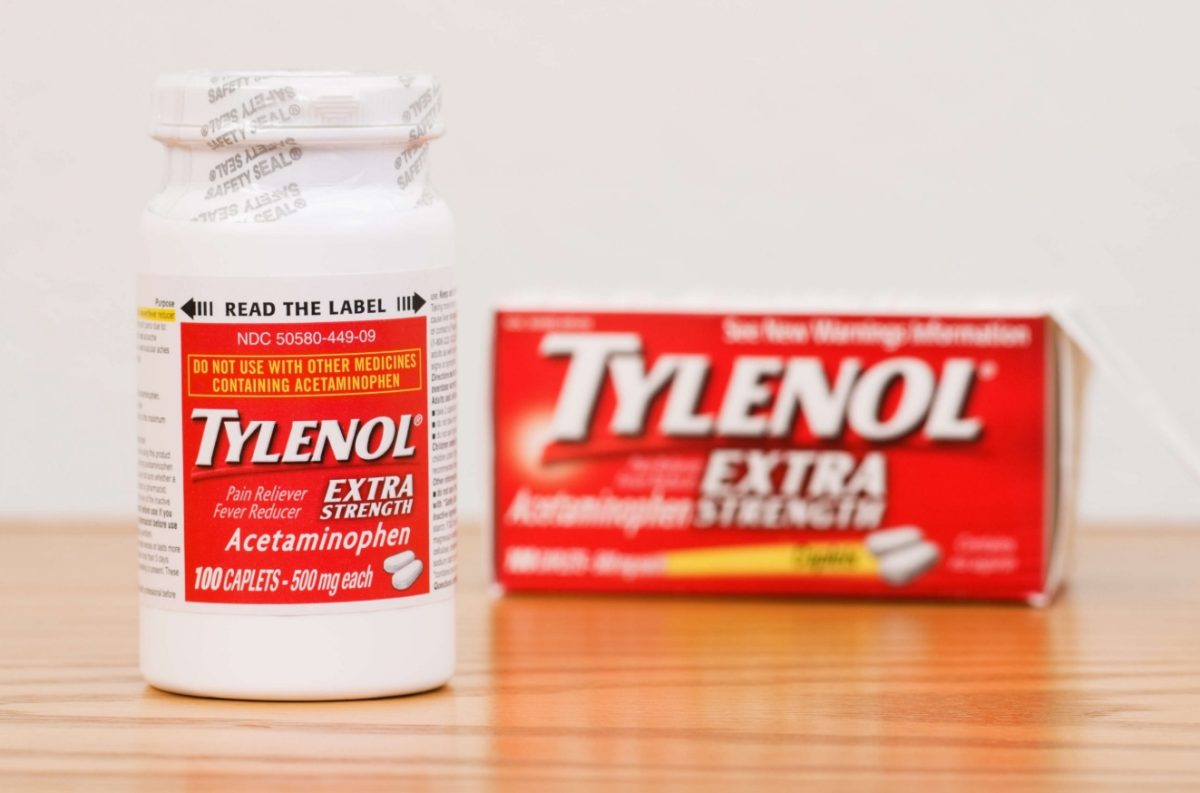The Gannon University Environmental Club is taking the steps toward a green initiative by proposing to eliminate Styrofoam as part of one of the environmental leadership seminars.
Michelle Homan, Ph.D., an associate professor of environmental science and engineering and instructor of the campus sustainability course, said the class learns about issues pertinent to the environment and colleges and universities.
One of the class’s groups held an anti-Styrofoam petition signing event Wednesday and a presentation on “Investigating Alternative Products to Expanded Polystyrene Foam for Gannon University Campus” Monday.
Kristal Ambrose, a sophomore interdisplicinary studies major and president of the Environmental Club, said the focus was on phasing Styrofoam out because the same things that make it a great product also make it detrimental to the environment.
Ambrose spoke about the health risks the material poses to people and the environment. It is made using organic compounds that are known carcinogens like benzene and styrene, and takes thousands of years to decompose. She said that about 850,000 pieces of Styrofoam are sent from Gannon to landfills each year.
Ambrose worked with Evan Lobaugh, a sophomore risk management major, to discuss the alternative of compostable plastic as a replacement for Styrofoam products, especially in food, on campus.
Lobaugh presented the proposal from a financial perspective and said the increased cost of replacing Styrofoam cups with compostable plastics could be made up by changing the cost of the drink itself. The group performed a survey in conjunction with the Environmental Club among 170 students and four out of five agreed a 6-cent difference was reasonable to pay for the environmental impact.
Ambrose said the downside of the project is that it would require introducing composting alongside waste containers and extra training and education.
“Changing the product is the easy part,” Ambrose said. “Changing the behaviors of students and staff is the hardest part.”
Pete Manrarelli, a representative from Metz Culinary Management, was concerned with raising overall prices.
“We serve about 150,000 meal equivalency plans and that 4 cents, 8 cents, 16 cents would start to add up,” Manrarelli said.
Keith Taylor, Ph.D., Gannon University president, said this wasn’t the first time anybody has thought about getting greener and he had similar questions about upping prices.
“It’s not a huge event,” Taylor said. “If you’re going to remove Styrofoam, how are you going to do it? The impact might be 3 percent of what you think it’s going to be.
“It’s kind of like cigarettes. Do we tax only the people who use Styrofoam or add a little bit for everyone? Should we do Styrofoam cups first or something else for 10 times the impact.
“We should remove Styrofoam. I’m in. If we’re doing it in a way with a third trash, I think you’re going to have 5 percent of the effect you want.”
Laura Goble, the director for the Center of Social Concerns, said the impact of eliminating the product would be effective because of its publicity.
“Styrofoam is a momentum builder,” Goble said. “Everyone encounters it in the public realm.”
Homan said the class projects give students the experience of encounters with different people across campus.
“One of the things students always learn is that it’s not always easy,” Homan said. “There are issues with positive alternatives while there are benefits.”
As head of the Environmental Club, Ambrose said the petition and presentation were part of the club’s goal to provide a foundation for people to do things that are green. The Environmental Club is open to interested students of all majors, and they can contact Ambrose by email at [email protected].
“We need to realize we are leaders, change agents and the voice of the school,” Ambrose said. “We need to be heard and make a difference.”
KELSEY GHERING








